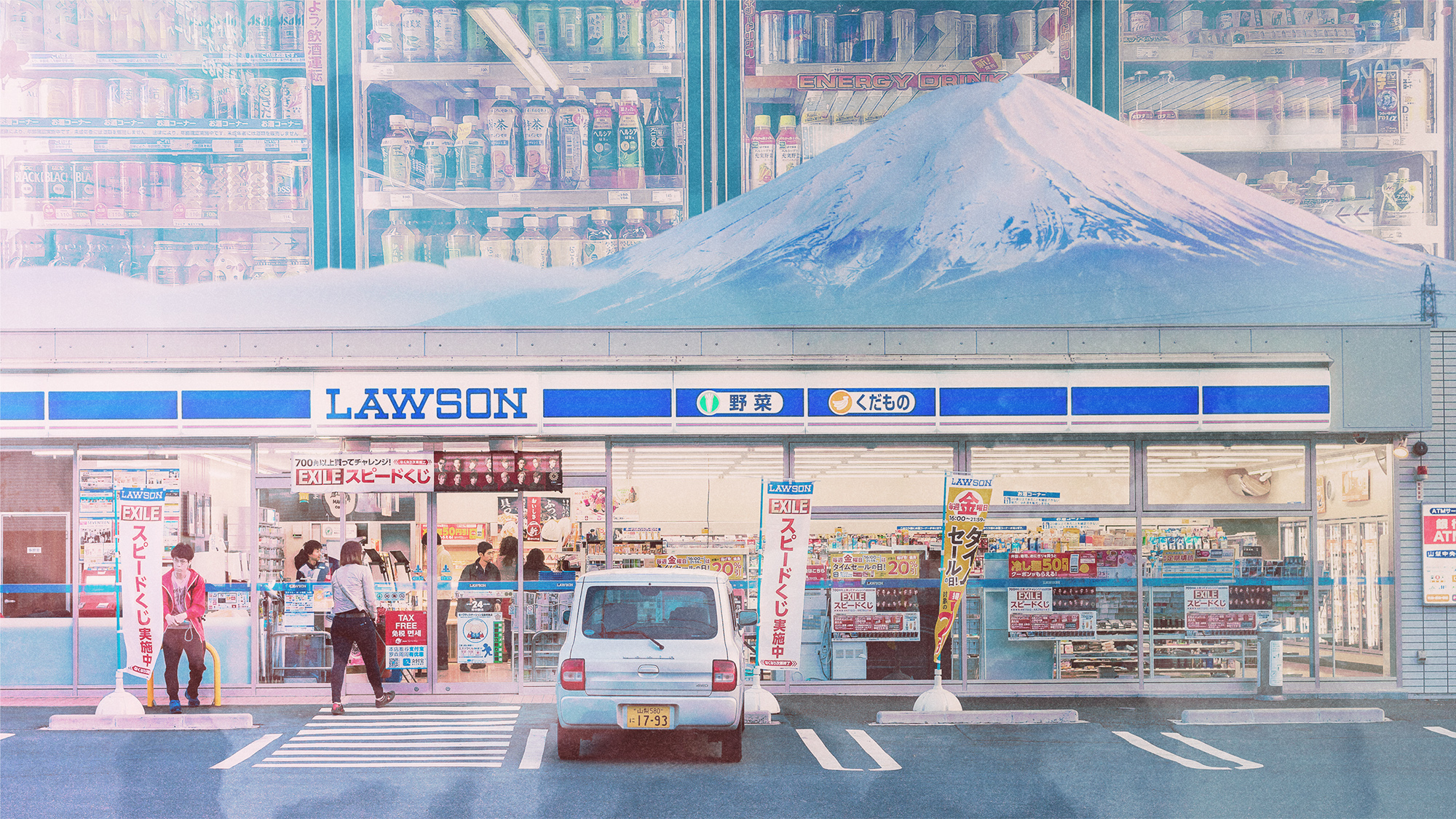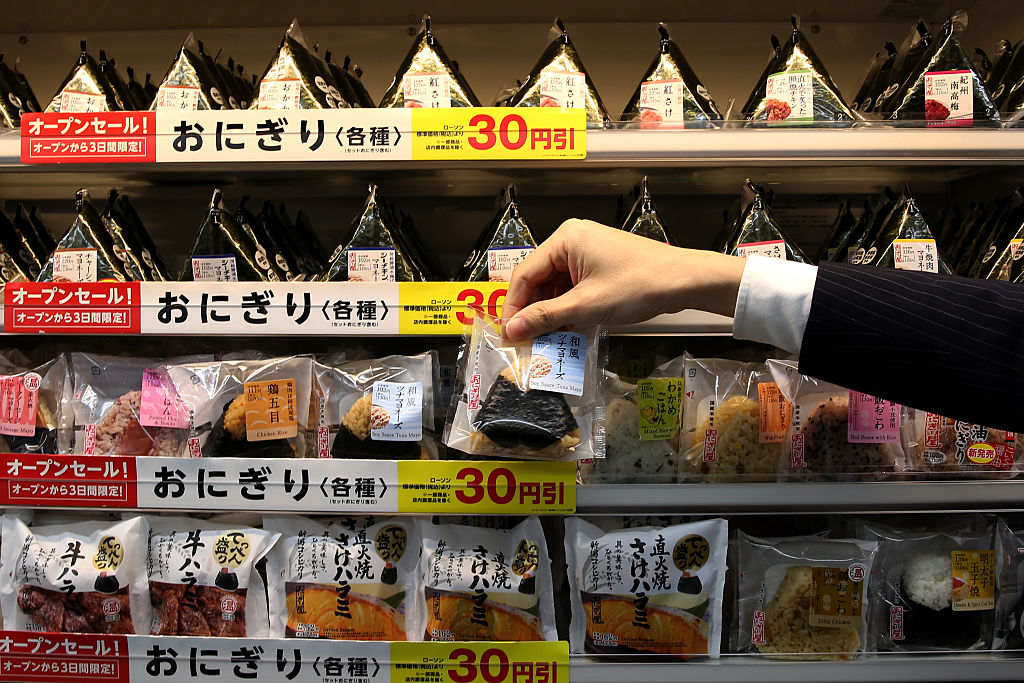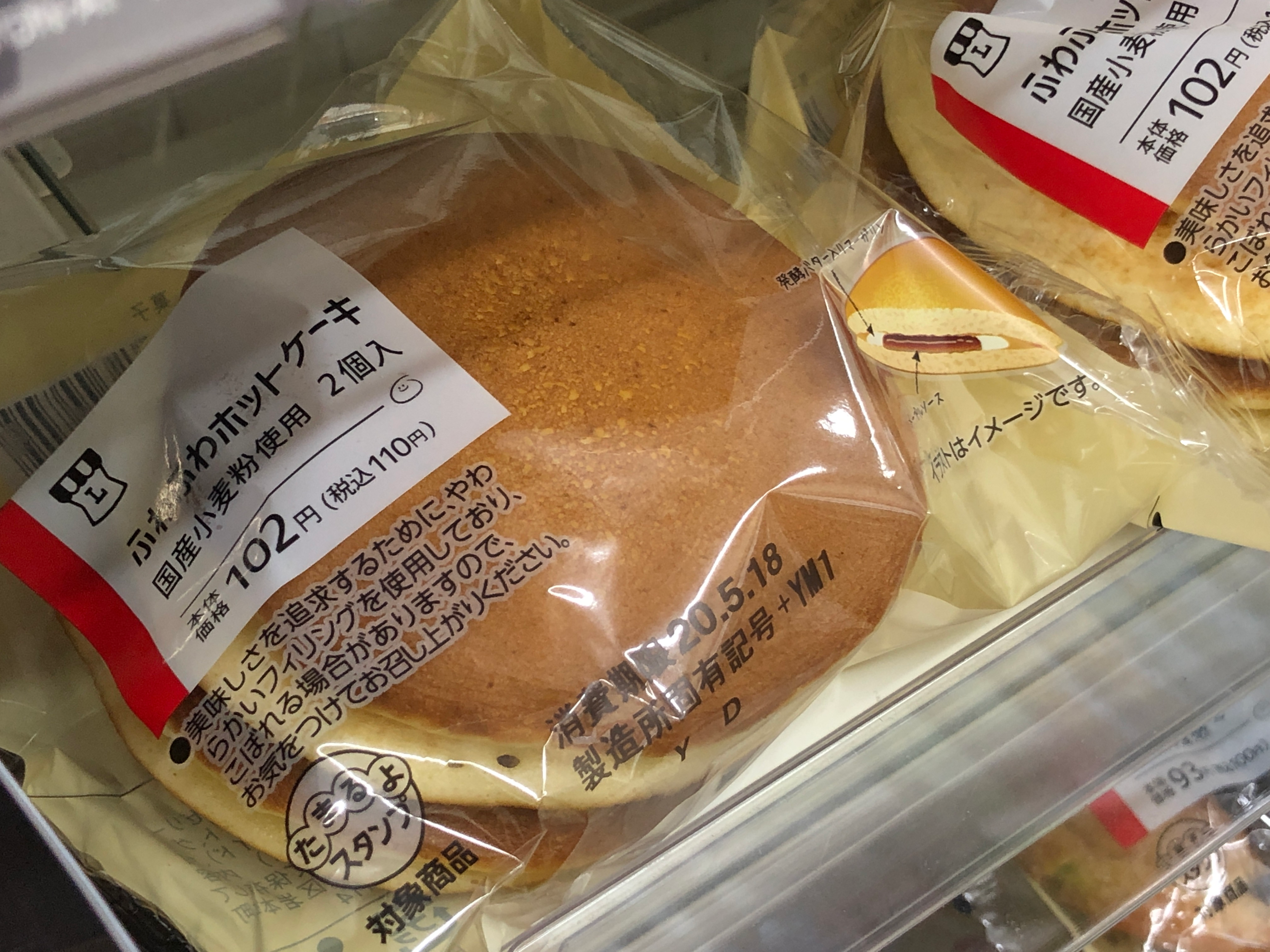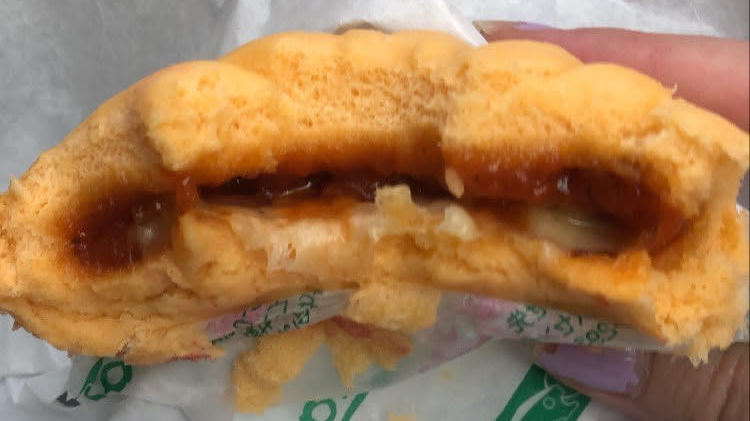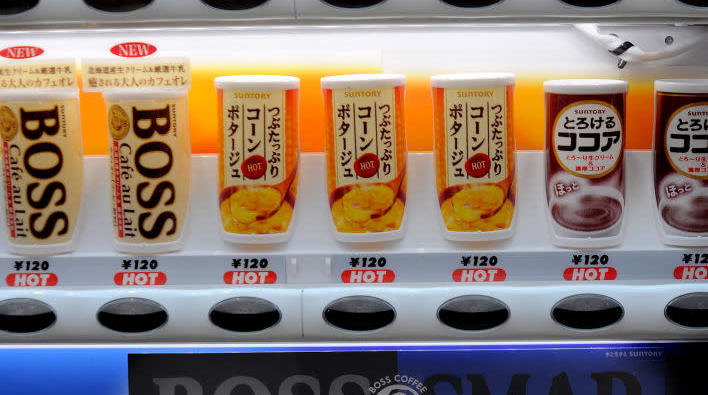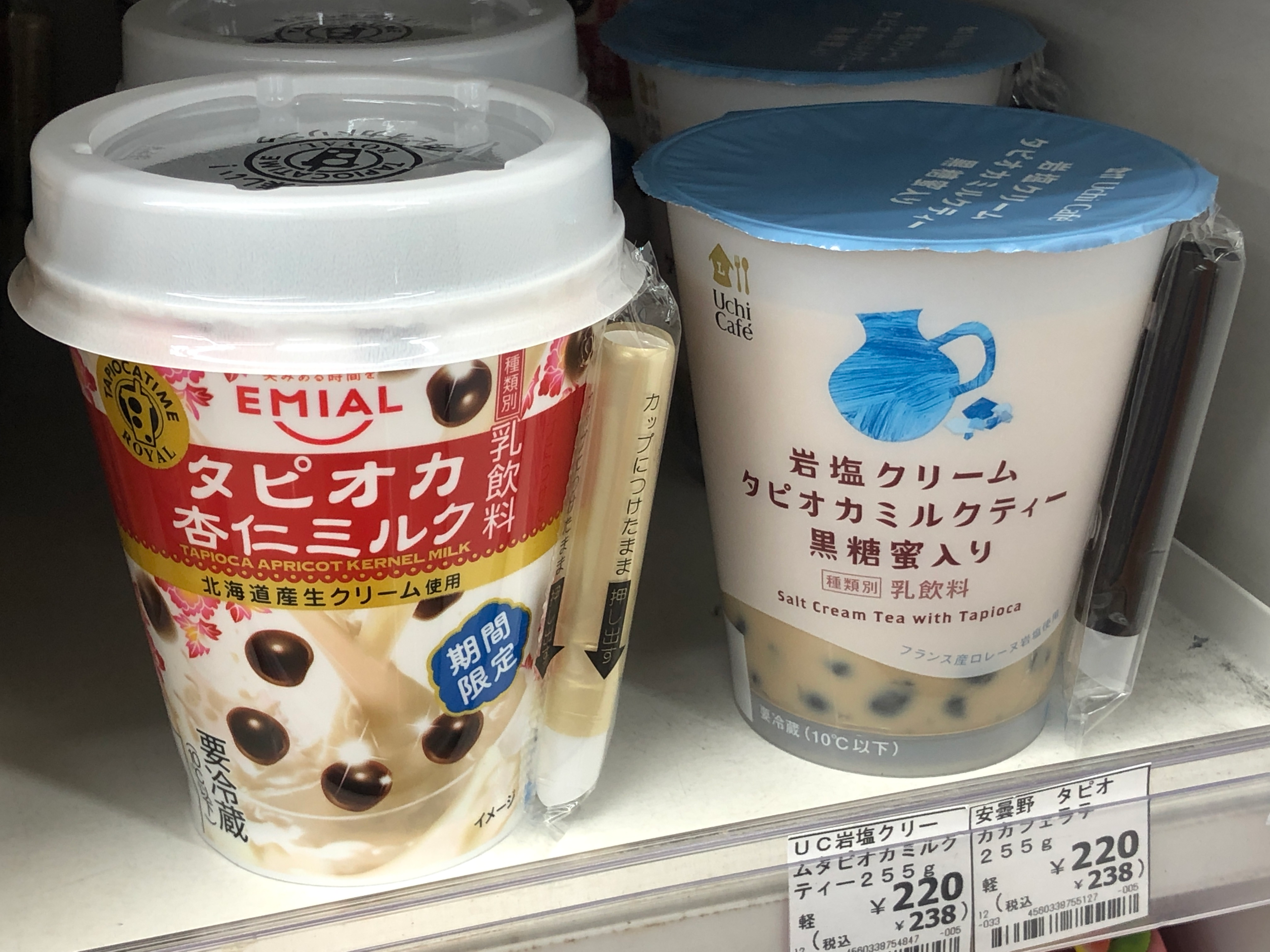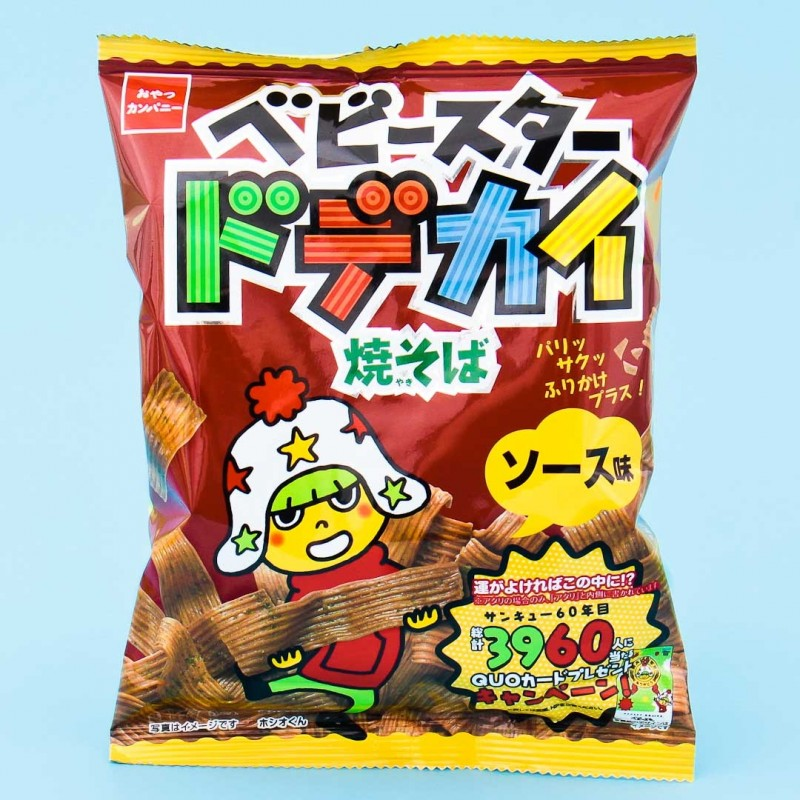The Best Snacks I Found At Japanese Convenience Stores
When I went to Tokyo and Kyoto in February, I never could have imagined how many times I'd eat at convenience stores. Known as konbini in Japanese, these stores are located on almost every street corner, as ubiquitous as they are in the United States.
But that's really the only way in which they're similar to our 7-Elevens and gas station shops. Because I know what you're thinking: Convenience store food? Like the sad, rotating hot dogs and chicken nuggets sitting in a case beside the register that taste like waste oil? But I will swear up and down that the best snacking I did throughout my travels was at these marts. With their array of prepared foods, ice cream, drinks, and packaged treats, every time I stepped into a konbini it felt like a mini adventure.
The main chains in Japan are 7-Eleven (yes, the one you're thinking of, but better!), FamilyMart, and Lawson, and the best snacks typically cost $1-3 USD. These foods aren't healthy, and they weren't prepared by some celebrated chef. But they're the Japanese foods I will remember most fondly. Here are the best konbini snacks I found in Japan.
Onigiri
Onigiri are triangles of rice wrapped in seaweed, and many contain a filling like fish or vegetables. For around $1 USD, you can get a snack that will satisfy your hunger without making you feel bloated. My favorite flavor is ume, a type of Japanese pickled plum. It's a bit of an acquired taste, but once you embrace the salty tang, you'll want to grab an onigiri wherever you can find one.
Pancakes filled with margarine and syrup
I frequently walked around the streets of Tokyo screaming "WHY IS EVERYTHING BETTER HERE?!" and snacks like this pancake completely prove my point. You can buy a single pancake for around $2 USD that contains margarine and syrup. It's a full-on breakfast on-the-go, and the textures of the springy pancake, the slightly solid margarine, and the thick syrup combined were a perfect match.
Pizzaman and Famichiki
There are two snacks I saw mostly at FamilyMart, and it's hard not to think of them as a pair: first, there's Pizzaman, which are bao buns stuffed with tomato sauce and cheese, about $2-3 USD. Famichicki, meanwhile, is a piece of to-go boneless fried chicken, which costs about the same as a Pizzaman. Even though the sauce and cheese were somewhere around microwaving-my-own-Lunchables-at-seven-years-old quality, Pizzaman is a delight. I enjoyed biting into the squishy bao, something I'd only had stuffed with barbecue pork at a Chinese restaurant before. The molten sauce tends to drip out, so you have to be careful (not only so you don't spill on yourself, but because you won't want to waste a single bite). Famichiki is a thick, tender nugget that tastes juuuust slightly better than McDonald's. It's formed into a puck that's sort of like a McDonald's Hash Brown, and being able to hold it in a paper wrapper as you nibble away bites feels pretty clutch—plus, the chicken is a little spicier than your typical nugget fare.
Bottled hot tea and coffee
Beyond its talent for turning convenience stores into gourmet markets, Japan's convenience store innovations are smaller, but just as mighty. Case in point: heated shelving. Many konbini shelves are heated so you can grab bottles of green tea or Boss Coffee and enjoy a warm beverage without waiting in line at a cafe. Japanese vending machines, which can be found just about everywhere, sometimes have heaters as well. One of the funniest things I found in a heated vending machine was a can of corn soup!
Tiny containers of juice and bubble tea
In Japan, Lipton doesn't just make that bland, bitter tea that gives off an "I just left a community event in a church basement" vibe. The company also sells adorable cartons of apple juice, peach juice, and tea that will make you feel like you're back in elementary school. Another drink that adds a kawaii element of portion control is a miniature plastic cup of milk tea, complete with boba tea bubbles and a small straw.
Egg Salad Sandwich
Most tourists who go to convenience stores in Japan rave about the egg salad sandwiches, particularly at Lawson's. Anthony Bourdain even tweeted about it in 2013:
The Unnatural, Inexplicable Deliciousness of the Lawson's egg salad sandwich #Tokyo @PartsUnknownCNN pic.twitter.com/g5MxQ7BSRC
— Anthony Bourdain (@Bourdain) November 4, 2013
Now, there are copycat restaurants in the United States selling their own version of a convenience store egg sandwich. It's often served on shokupan, which is Japanese milk bread. It tastes like Wonder Bread, except somehow even softer and squishier. Getting a simple ricotta cheese and jam on milk bread toast was one of my best meals in Tokyo: that pillowy, sweet bread brought everything to another level. But that was at an actual restaurant—maybe Lawson's should work on a grab-and-go version of that, too.
Baby Star Crispy Noodle Snacks
There are so many different packaged snacks you can find in Japan. They have cool chip flavors! Salty shrimp Cheetos! It's truly a snacker's paradise. If you're lucky enough to live in a city with an Asian supermarket, you can easily seek out exciting treats. But one snack I keep coming back to is Baby Star. Have you ever eaten ramen noodles straight from the pack? Or maybe you've crushed up the noodles, added in the seasoning packet, and then eaten them? That's almost exactly what you'll find in a bag of Baby Star. The ramen noodles are fried in salty soy sauce and then broken up so you can enjoy ramen anywhere (and without utensils).
Most of the products mentioned here don't have some sort of "exotic" vibe rendering them "authentically" Japanese as a tourist might understand it. Fried chicken pucks and portable pancakes sound downright American to me. But as soon as I left the country, I missed the ingenuity of Tokyo's convenience stores and found that level of innovation severely lacking back home. I entered a 7-Eleven in Brooklyn and made eye contact with an overcooked corn dog, twirling slowly on its rollers. Neither of us were happy to be there.
